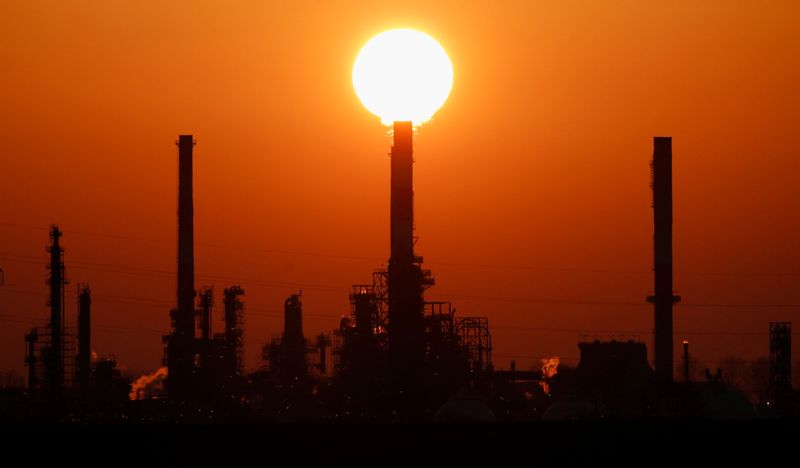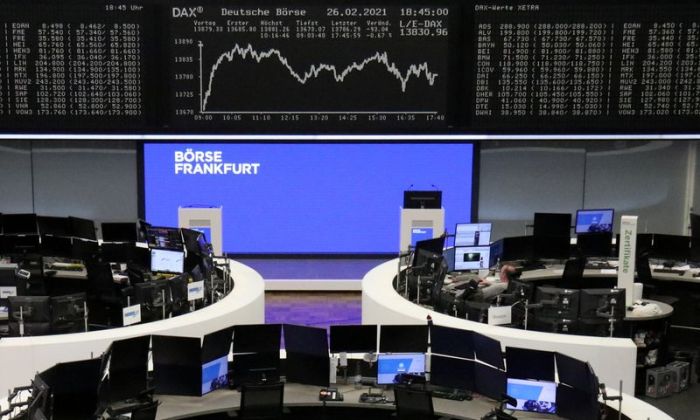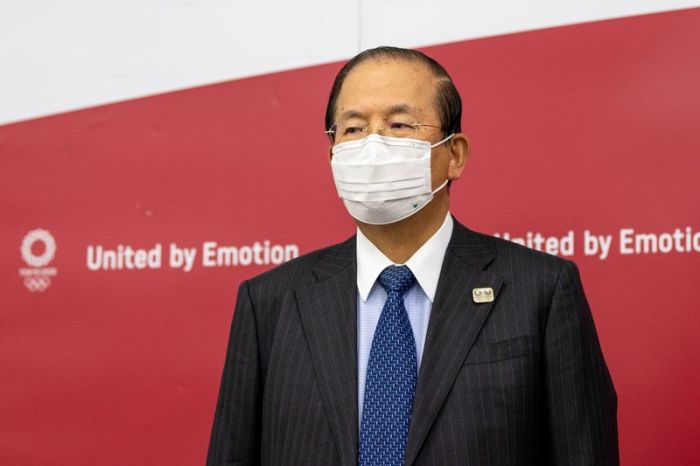NEW YORK (Reuters) – Oil prices fell to their lowest in two weeks on Tuesday on expectations OPEC+ producers will ease supply curbs at their meeting later this week as economies start to recover from the coronavirus crisis.
OPEC Secretary General Mohammad Barkindo said the outlook for oil demand was looking more positive, particularly in Asia.
Brent futures fell 99 cents, or 1.6%, to settle at $62.70 a barrel, their lowest close since Feb. 12. The global benchmark has fallen about 7% from a 13-month peak hit last week.
U.S. West Texas Intermediate (WTI) crude fell 89 cents, or 1.5%, to $59.75, its lowest close since Feb. 19. WTI has dropped about 6% since Feb. 25 when it closed at its highest since May 2019.
Prices briefly extended losses after data from the American Petroleum Institute industry group showed a large increase in crude stockpiles last week but a much larger-than-expected decline in refined products inventories helped stem losses. [API/S]
The oil rally has faded on expectations the Organization of the Petroleum Exporting Countries and allies in the group known as OPEC+ would produce more oil from April, easing last year’s deep supply cuts.
“The oil market has finally reached a stage that hints recovery, as it is the first time in a year that everyone expects OPEC+ to justifiably bring more output back to production mode,” said Bjornar Tonhaugen, head of oil markets at Rystad Energy.
OPEC+, which meets on Thursday, could discuss allowing as much as 1.5 million barrels per day (bpd) back into the market.
Abu Dhabi National Oil Company (ADNOC) told Asian oil buyers it plans to increase crude allocations in April, sources close to the matter told Reuters.
OPEC oil output fell in February as a voluntary cut by Saudi Arabia added to reductions in a previous OPEC+ pact, a Reuters survey found, ending a run of seven consecutive monthly increases.
OPEC+ member Russia failed to raise oil output in February despite being granted permission by the group. Industry sources said harsh winter weather hindered work.
Traders noted that crack spreads – a measure of refining profit margins – were rising after U.S. gasoline and heating futures declined much less than crude oil.
The U.S. 3-2-1 crack spread and the gasoline crack spread closed at their highest since April 2020.
(Additional reporting by Devika Krishna Kumar in New York, Noah Browning in London and Yuka Obayashi in Tokyo; Editing by Marguerita Choy, David Gregorio and Jonathan Oatis)

























